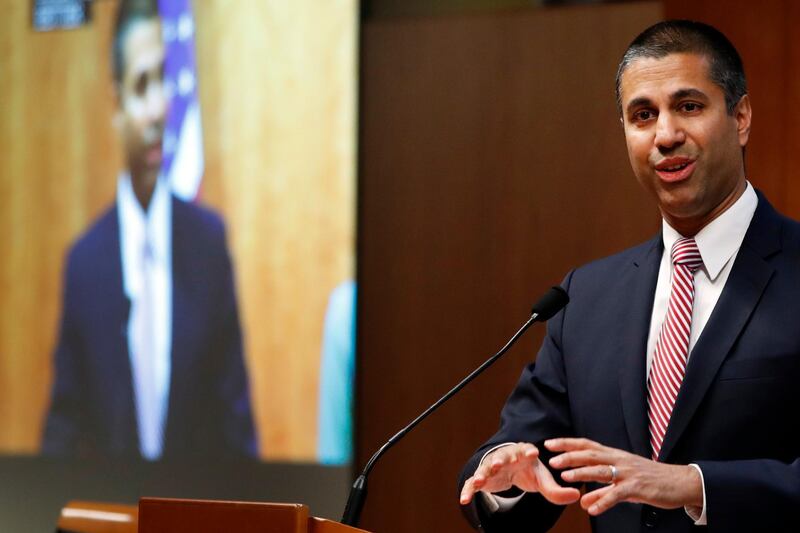The debate on net neutrality in India is likely to continue in the new year, after the country's telecom regulator last month proposed rules which support equal access to online content.
The Telecom Regulatory Authority of India (Trai) at the end of November outlined guidelines preventing the internet providers from charging discriminatory tariffs for access to content by deliberately speeding up or slowing down different websites or applications.
The rules are at odds with United States, where regulators this month moved to scrap net neutrality rules that have protected open internet access to all users in the US.
"We will certainly stick to our stance. Every country is a sovereign country and every country is free to determine what its stance on net neutrality is," the Press Trust of India news agency, quoted Trai chairman RS Sharma as saying. "I will not like to comment on what the US has done. But in Indian context, this is the right way because a lot is riding on the internet and
therefore it is important that it is kept as an open platform.”
_______________
Read more:
[ The death of net neutrality may be just what the internet needs ]
[ Forget net neutrality, the internet needs data neutrality ]
_______________
There has been much controversy related to net neutrality in India, after telco Airtel in 2014
proposed additional charges for making calls via WhatsApp and Skype over its network, while in
the following, year there were protests against the launch of Facebook's Free Basics scheme in India,
which allows free access to some websites, including its own social network and Wikipedia. The
Trai struck the move down, ruling that such a service was illegal in the broader context of net neutrality.
Some of the telecom operators, however, are opposed to net neutrality because some of the services offered by WhatsApp and Skype, for example, can eat into their profitability. This is a pressing issue for telecommunications companies as their profits have been hit this year by increased
competition which has forced them to cut data tariffs to remain competitive.
Analysts say that the stance taken by the Trai in recent weeks on the issue is hugely significant.
“This is a big boost for net neutrality - a battle that is being waged across the world where service
providers are trying to monopolise access to content,” said Mayuresh Joshi, a fund manager at
Angel Broking. “Proponents of net neutrality were of the view that discriminatory tariffs based on
content were clearly against the basic grain of a free and democratic internet.”






